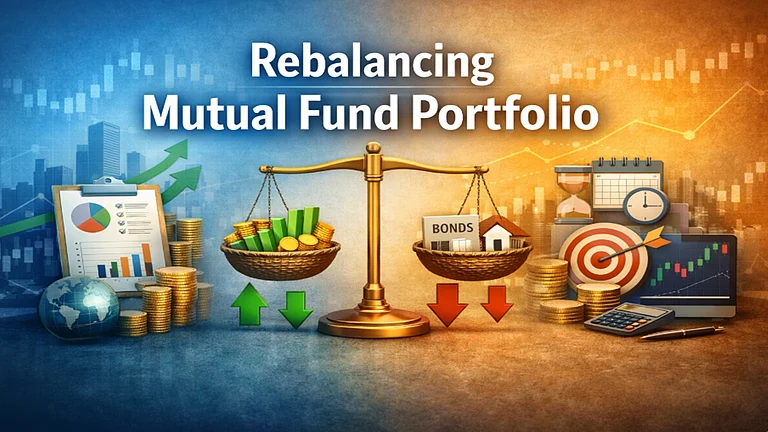Choosing a neighbourhood isn't just about what looks good on a brochure. It's about what it's like to live there every day. You want to know if it's safe, if the commute is easy or, if the local schools are any good, and whether that trendy cafe is actually worth your time or just another overpriced Instagram trap.
Here's how to size up a neighbourhood online with zero sales pitch and no sugar-coating.
1. Use Google Maps Like a Detective
Google Maps and Street View aren't just for directions. Use them to:
Virtually walk the streets: Get a feel for how clean, crowded, or sketchy a place looks.
Measure distance: Check how far you'll be from schools, grocery stores, parks, or your job.
Spot the essentials: Scan the map for gyms, clinics, bus stops, coffee shops, or anything you consider non-negotiable.
2. Read Real Reviews From Real People
Skip the PR nonsense. What are actual residents saying?
Google Reviews: Look up local businesses, restaurants, and schools, and read the comments.
School rating sites: See parent and student reviews for schools. Are they thriving or falling apart?
Noise and safety complaints: Look out for repeated mentions of crime, trash, noise, or creepy neighbours.
3. Dig Into Social Media and Forums
Forget polished listings. Go straight to the raw feed.
Facebook Groups: Search for neighbourhood groups. You'll see people posting about lost pets, weird smells, upcoming events, or crime reports.
Reddit: Subreddits like r/RealEstate or city-specific threads can give you the unfiltered scoop.
Hashtags on Twitter and Instagram: See photos, videos, and random rants from locals. It's not scientific, but it's honest.
4. Hit Up Real Estate Sites (But Don't Trust Everything)
These sites can give you a ton of data, so just read between the lines.
Listings: Look at what homes are going for. Are prices stable, rising, or crashing?
Trends: Some platforms show if a neighbourhood is hot or cooling off. It can hint at future value.
Demographics and lifestyle: Many sites now include stats on what kinds of people live there young families, retirees, students, etc.
5. Check Crime Data (Don't Skip This)
Even a beautiful place can be a nightmare at night.
Crime maps: Websites like SpotCrime or local police portals often show recent incidents.
Local news sites: Read recent crime stories. Is the area facing petty theft or something worse?
Community boards: See if locals are complaining about car break-ins, fights, or harassment.
6. Understand the Commute and Transport
A short drive on paper might be a two-hour nightmare in real life.
Google Maps (again): Check live and typical traffic conditions at rush hour.
Public transit sites: See how long it actually takes to get downtown or to work.
Construction alerts: Ongoing roadwork or future development can kill a quiet street or add chaos.
7. Look Into the Environment
It's not just about air quality; it's about your peace of mind.
Air quality checkers: Use sites like AirNow to see pollution levels.
Parks and green space: Google Maps shows how "green" a place really is.
Noise complaints: Reviews often mention things like airport noise, construction, or nightlife chaos.
8. Follow Local News
This gives you a pulse on what matters to residents.
Local newspapers: Are people fighting about parking? Schools? Crime?
Event calendars: A neighbourhood with events, festivals, and clean-up drives shows it's got a heartbeat.
Local blogs or substack newsletters: Some areas have hyperlocal reporting you won't find anywhere else.













